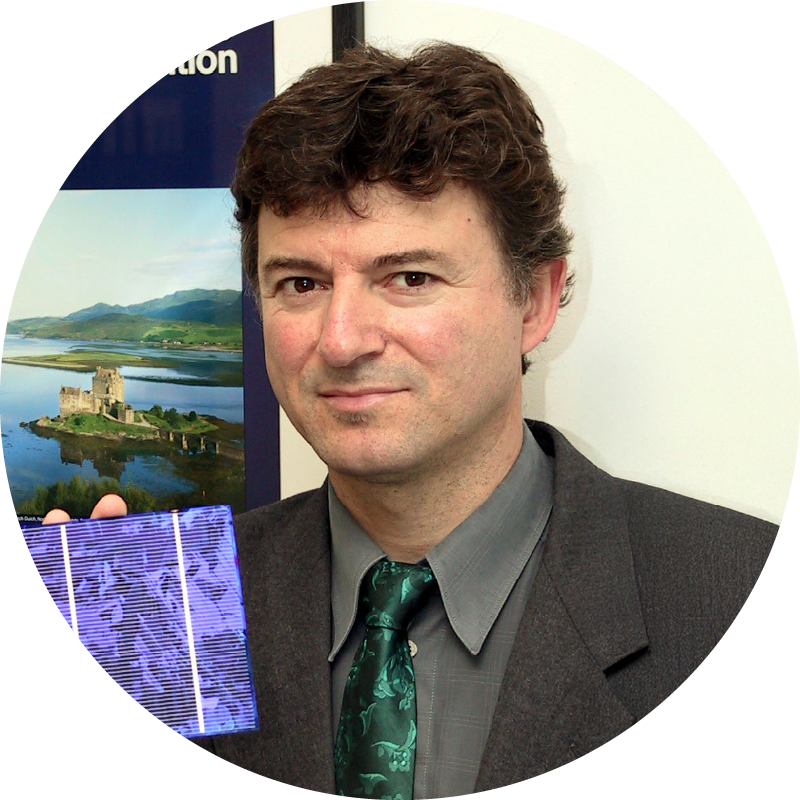How We Co-Create
collaboration with industry and business partners.
Co-Creation – A Perspective from Dr. Claus Beneking
First a physicist, then managing director, board member, and business consultant — Dr. Claus Beneking knows how bumpy the road to innovation in Germany can be — and how to navigate it successfully.
June 2025
Transfer: Two Scenarios
In the early 1990s, Claus Beneking, then an emerging scientist at Forschungszentrum Jülich, had his first, very different experiences with industry collaborations and technology transfer. There was, for example, a research-intensive corporation that responded only with distance.
The corporation believed it had nothing more to learn from the researchers at Jülich. Quite different was a smaller company that was in the process of establishing silicon thin-film technology manufacturing. Although it was also part of a larger corporation, it focused on cooperation.
A perfect example
This collaboration developed into a fruitful partnership with active exchange of know-how, personnel, and resources. Together, the Jülich research team and the company succeeded in increasing the efficiency of thin-film solar cells in pilot production. In the end, a manufacturing facility for silicon thin-film modules was established — through cooperation and technology transfer.
Beneking had similarly positive experiences with the company ersol Solar Energy AG, which he later joined. At the time, ersol was a very small company—so small that it couldn’t have competed without an inflow of external know-how. For Beneking, it was the opportunity to realize his dream: moving out of the lab and into industrial production.
Out of the ivory tower
The physicist didn’t just want to develop good solar cells, but to make them economically viable and competitive. “As a solution for sustainable energy, not as an end in itself. The key to success was always to step out of the ivory tower of research and closely observe the industrial environment to see where the bottlenecks were and what companies really needed,” says Beneking.
For him, it is clear: “If this condition is met, innovation and technology transfer can also work in Germany, as our examples show!” He repeatedly observed that strong research was often difficult to implement—among other reasons because technology developments were frequently not fully developed into finished, manufacturable, and applicable products. It is therefore important to provide good advice and support to researchers and aspiring startups.
Discover successful spin-offs from Forschungszentrum Jülich

Dr. Claus Beneking
holds a doctorate in physics and has many years of experience in
research, industry and business management - from the Jülich solar
research laboratory to the board of a listed solar company. Today, he
works as a consultant and cultural promoter for sustainable projects
with added social value.
Image: Michael Schlutter
When research, industry, and society unite their perspectives, they create solutions greater than the sum of their parts.
In the Endeavours magazine, discover how co-creation works — through real stories of collaboration, pioneering spirit, and successful transfer.